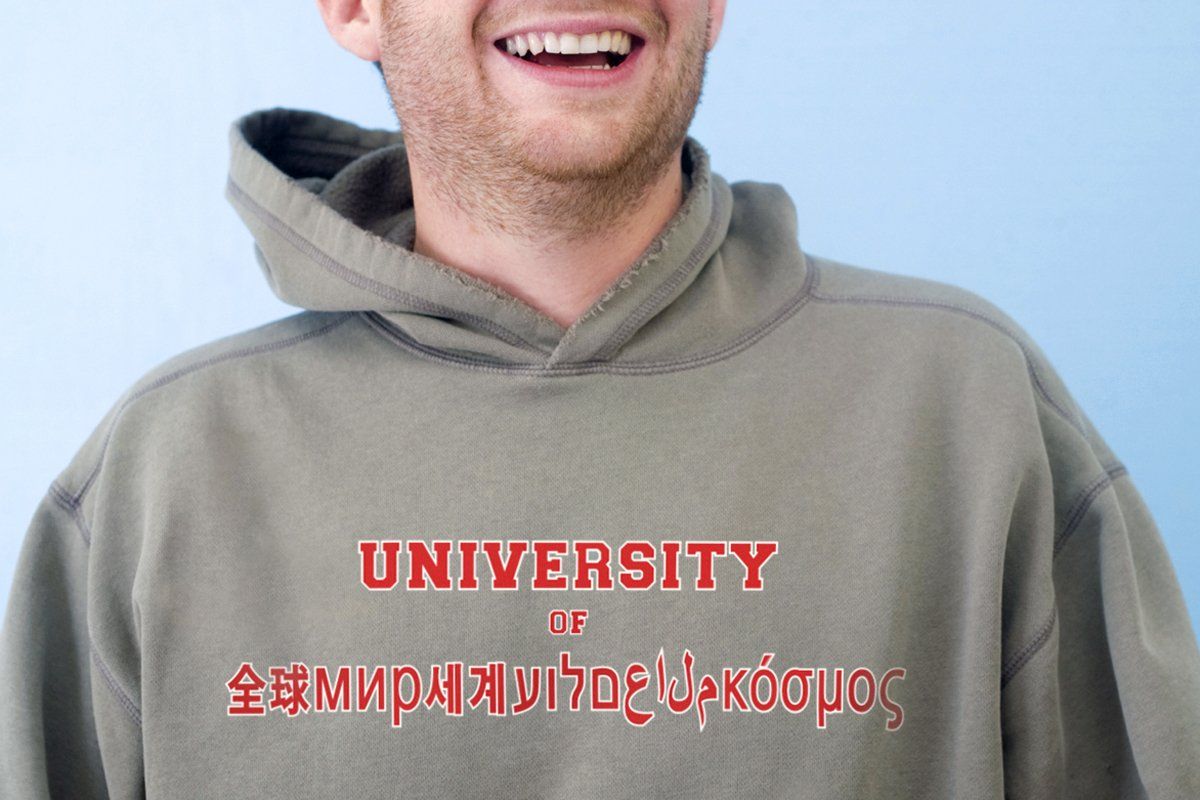
"In every study-abroad program, you're going to find students who just want to drink and sleep around," says Jonah Newman, a senior at Northwestern. "But people traveling to the Middle East, to parts of Asia, to places that are on the world stage—where interesting things are happening—you're going to find more serious students."
Newman, who spent the fall of his junior year in Morocco, should know. He's the editor of The 195, a thriving website where more than 100 Northwestern students have chronicled their semesters overseas—studying obstetrics in Chile, TV news in China, Arabic in Jordan. Their tales show that American college students, eyeing an uncertain job market, are turning to study-abroad programs to prepare them for a global economy, in which new cultures, languages, and ways of doing business are critical.
As the number of U.S. students going overseas has doubled in the last decade, the comfort-zone countries—the U.K., Italy, Spain, and France—still draw the most scholars, about 40 percent of the total. But emerging-economy locales like Argentina, South Africa, Chile, and South Korea have seen double-digit growth as destinations, according to the Institute of International Education, which has tracked data through the 2008–09 school year. In all, 15 of the top 25 study-abroad countries are now outside Western Europe. African nations are up 16 percent. (One outlier is India, which has seen a 15 percent decline despite being a coming economic powerhouse.)
China in particular is hot; it now draws more students annually than Australia, and is the fifth most popular destination overall. Several big programs there emphasize work experience, like Columbia University's Summer Business Chinese and Internship Program in Shanghai. Students of advanced Mandarin get six weeks of intense language instruction that teaches office jargon and workplace behavior; then they intern for a month at Chinese corporations. "I think students recognize that in today's workplace they need to have specific overseas experience to show that they are citizens of the world, that they have cross-cultural competencies that will help them have more options down the line," says Michael Pippenger, the school's dean of undergraduate global programs.
There's a reason that the stereotype of an American student abroad is that of a wobbly comparative-lit theorist: liberal-arts majors are flexible, and can easily accommodate a semester of downing sauvignon blanc by the Seine. Engineering students have long been left out, because their more rigorous curricula are laden with required classes that keep them in the States. That's beginning to change at schools like Washington University in St. Louis, where deans are identifying overseas programs that won't derail science- and math-focused majors. One elite destination is Bogaziçi University in Istanbul, which offers top-level hard-science instruction in English. "The majority of students [going abroad] are still in social sciences and languages," says Priscilla Stone, assistant provost for international education at Washington University, where almost half of undergraduates spend time overseas. "But there's increasing interest in more technical fields, because everyone recognizes that our futures are so global, no matter what area we're in."
For many students abroad, the most globally interconnected they'll get is a drink order that includes a white Russian, an Irish car bomb, and a Tokyo tea. Even so, college administrators say, if the experience is in a culture crucial to the way many businesses are now organized, it can give them a leg up in the job market. Especially when paired with an internship, even a few months' time out of the United States can help them enter companies that have, say, suppliers in China, customers in Brazil, and colleagues in India. "Just getting them abroad makes such a difference, regardless of the program," says Stone, who plays down the partying angle. "They don't want to waste a semester. They realize it's one eighth of their college experience, so most of them are pretty serious about their work abroad. There are temptations of travel, etc.—and we recognize that that can be enriching, too."
Uncommon Knowledge
Newsweek is committed to challenging conventional wisdom and finding connections in the search for common ground.
Newsweek is committed to challenging conventional wisdom and finding connections in the search for common ground.





